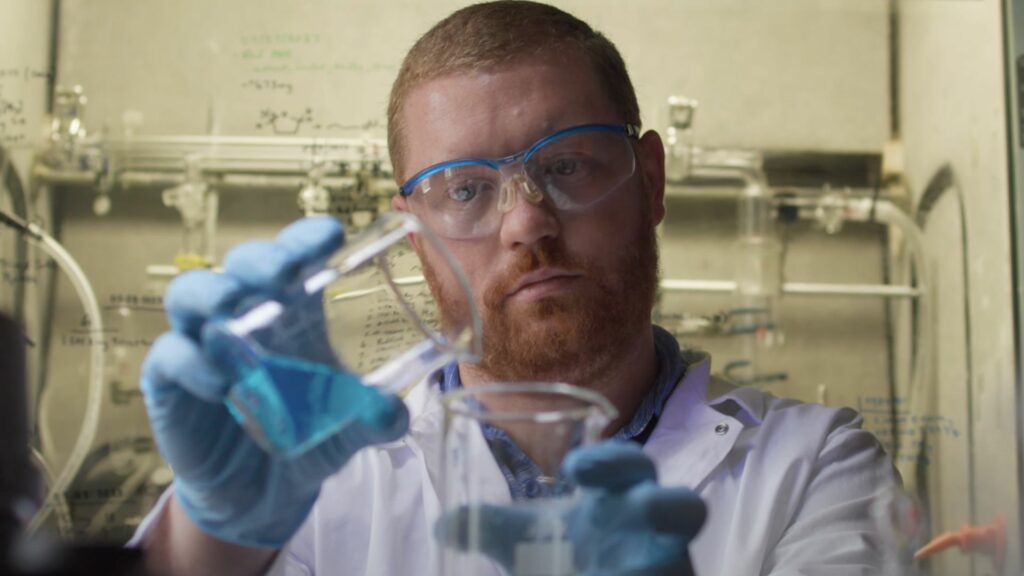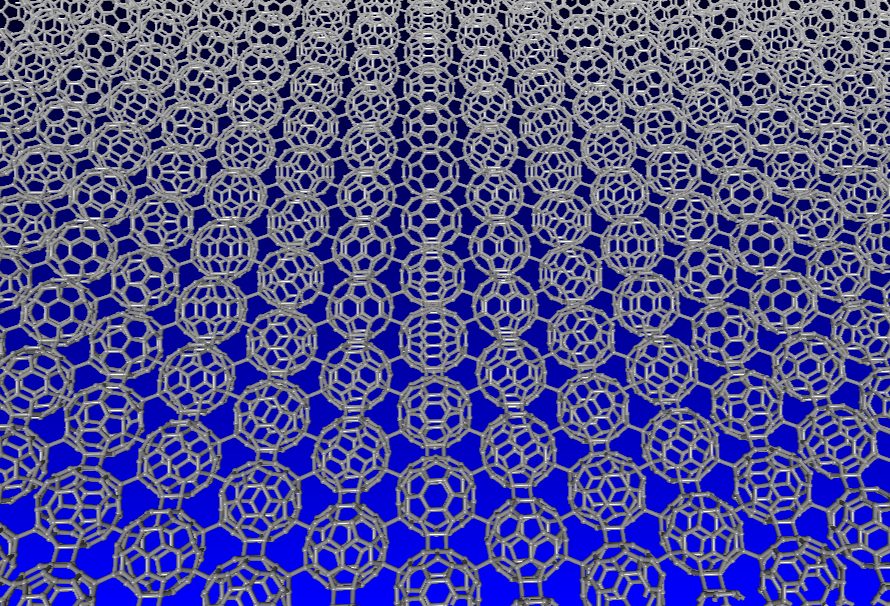During his PhD at Northwestern University, Austin pioneered new methods to prepare macromolecular sheets, which have atomically precise structures, molecular-scale thicknesses, and immense porosities. Using these new synthetic methodologies, Austin developed high-performance chemical sensors, electronic materials, and membranes based on this new materials class.
As a Schmidt Science Fellow, Austin pivoted from chemistry to physics, working with Professor Nuckolls at Columbia University, where he developed molecularly precise electronics that host spin-spin interactions. This work could underpin the coming revolution in quantum technology that will change computing, communications, and more.
Austin is now an Assistant Professor at the University of Florida.
Austin believes that new materials enable every technological revolution. Going forward Austin will merge the synthetic expertise he forged as a graduate student and the physics training he received as a Schmidt Science Fellow to pioneer the development of new electronic, spintronic, and quantum materials. Ultimately, Austin is driven by the real-world potential of the discoveries that naturally emerge from interdisciplinary science.


